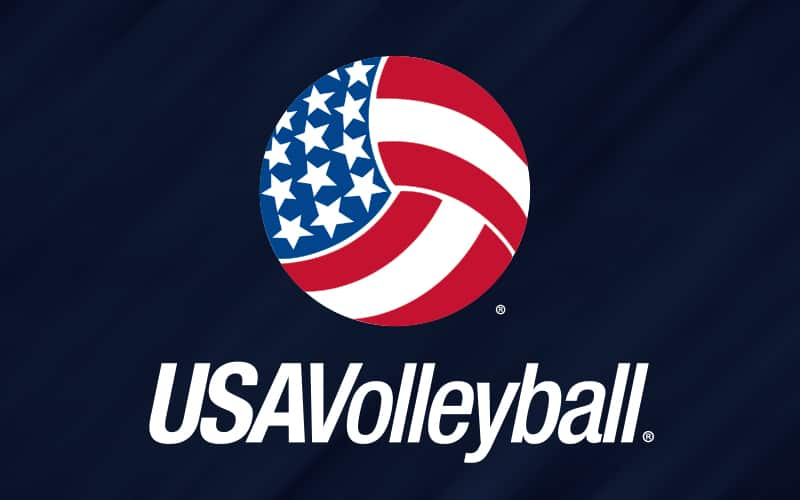
Intangibles: Taking Heat
Highlight intangible traits, such as: attitude, body language, desire and hustle, communication, leadership, teamwork and motivation
Resources for
Follow USAVolleyball
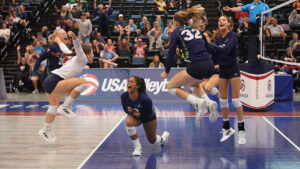 USA Volleyball Education is focused on improving developmental and educational opportunities across the sport of volleyball from grassroots to the national team level. Our goal is to provide the opportunity to access, complete and apply high-quality information and methods in the technical, tactical, physical and emotional aspects of the game for athletes and coaches while providing training, support and resources for other key stakeholders including officials, parents and clubs.
USA Volleyball Education is focused on improving developmental and educational opportunities across the sport of volleyball from grassroots to the national team level. Our goal is to provide the opportunity to access, complete and apply high-quality information and methods in the technical, tactical, physical and emotional aspects of the game for athletes and coaches while providing training, support and resources for other key stakeholders including officials, parents and clubs.
For years, the focus of volleyball in many areas and across various levels shifted to a mindset of winning at all costs.
What we now know is that the most successful teams in the world have developed a model of training and a culture that supports a holistic approach to athlete development which not only sets them up for competitive success on the court, but values and emphasizes the important of athlete health, well-being and long-term involvement in the sport.
The USA Volleyball Development Model was created based on the idea that volleyball in the U.S. could be taught differently, resulting in long-lasting positive outcomes across all measures of performance while keeping kids involved and loving the game longer.
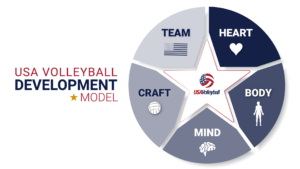
The five pillars of the USA Volleyball Development model provide the basis for a holistic approach to the core elements that are vital to supporting development at every level and across age groups.
USA Volleyball Education is committed to providing support for the volleyball community with a role-based approach to education and training. Whether you’re planning practices, cheering from the stands or making the right call, we provide the tools and resources to help you succeed.
USA Volleyball partner Sports Imports has provided USA Volleyball coaches with drills for use with their Trainer+ and The Vertec.


Highlight intangible traits, such as: attitude, body language, desire and hustle, communication, leadership, teamwork and motivation
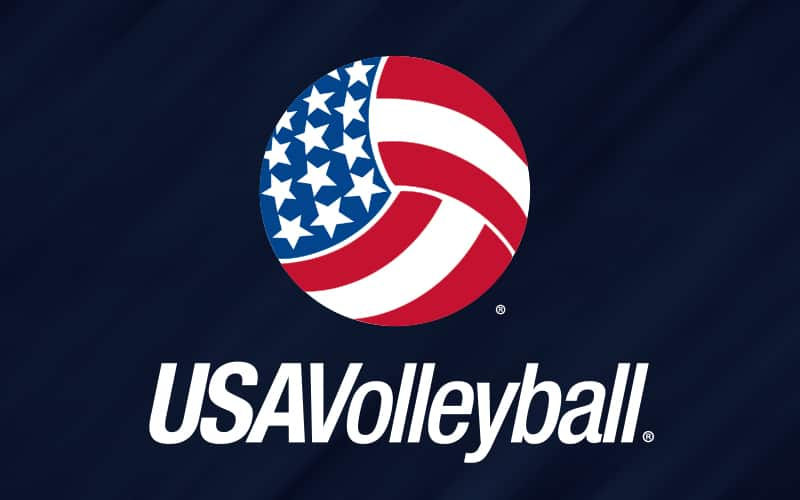
Playing to gain experiences and opportunities to excel
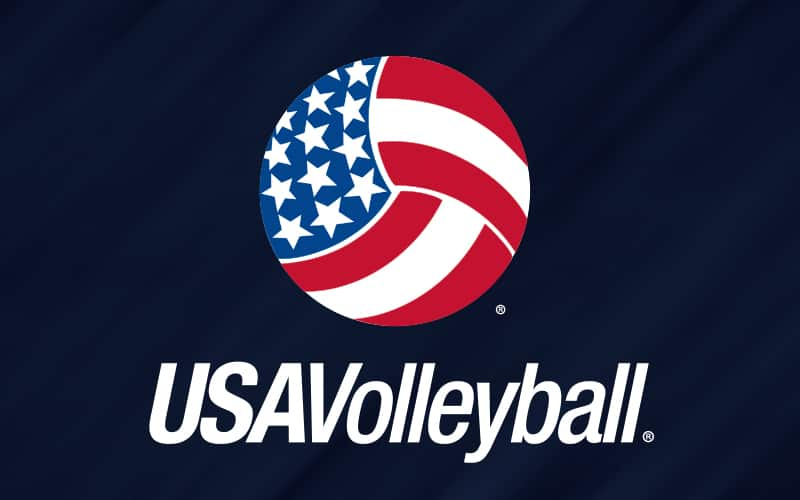
Anticipating and reading a situation to be a better defender
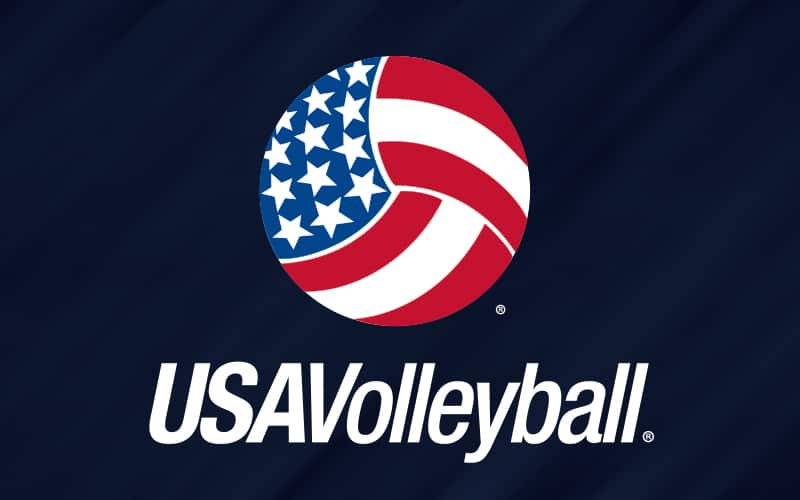
Set an example by showing athletes how to respect each other and give sincere compliments
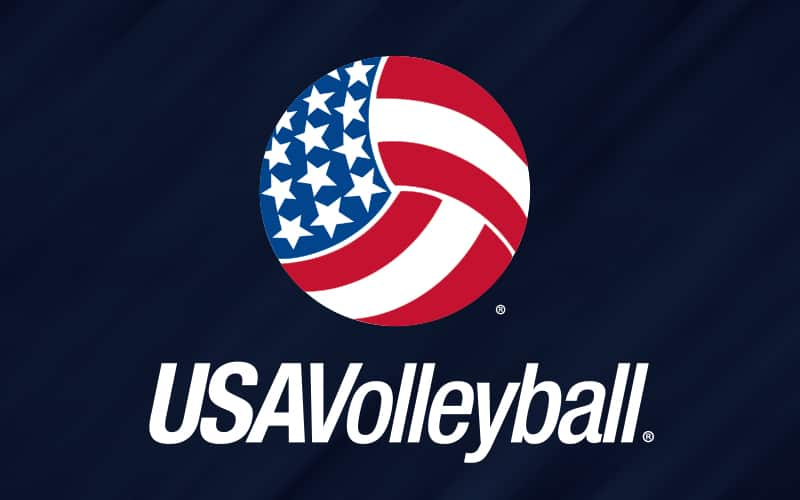
How do drills fit into the objectives of a team
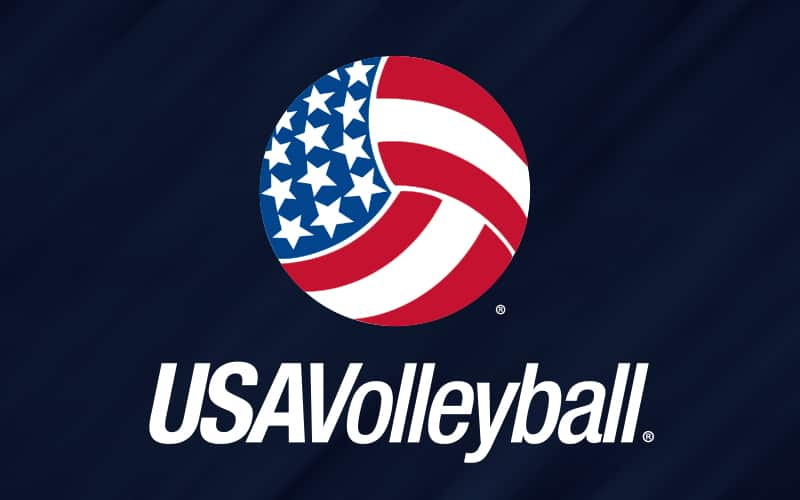
Keep parents and players coming back for more with these important tips.
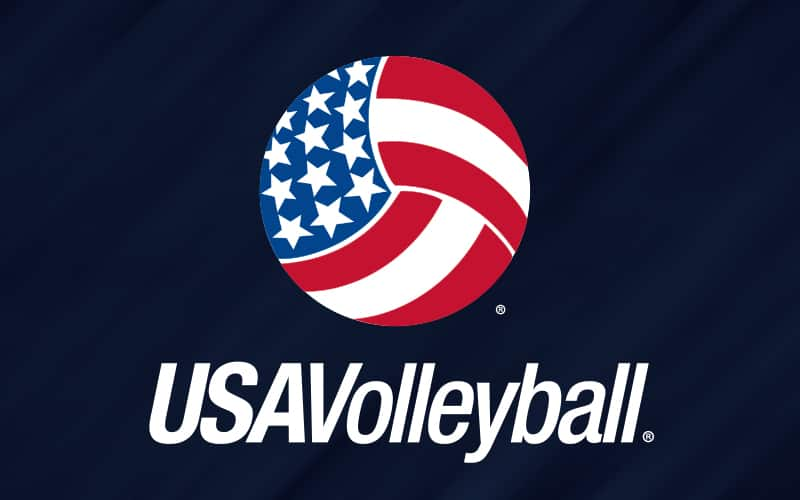
Being deliberate in your approach to improvement, in self-evaluation and peer review
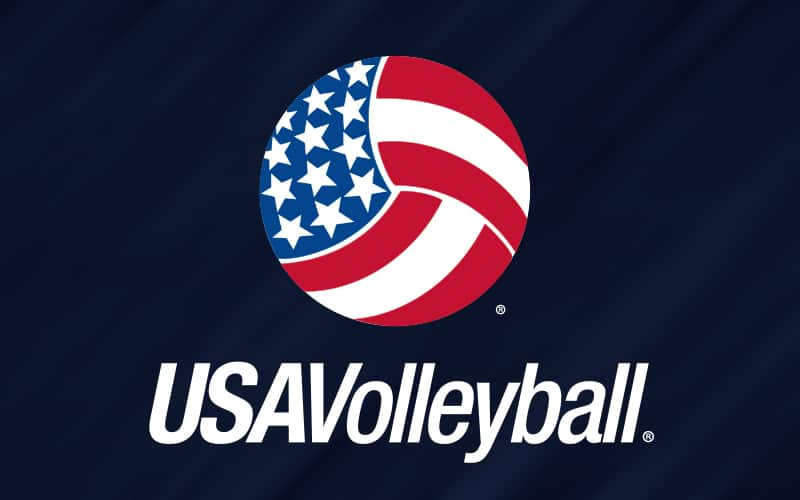
Tips to being a successful assistant coach
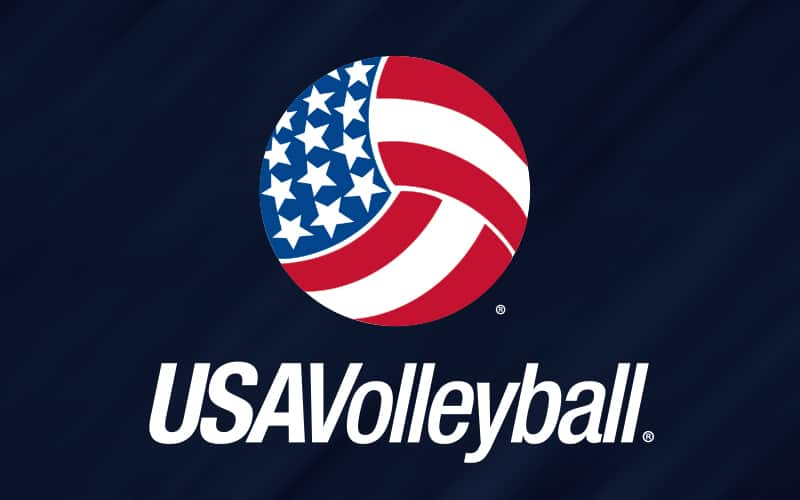
The coach you choose can determine whether a child will continue to play or can have a negative impact on their skill development

Lost a friend last month, who impacted so many, without being a coach – just by being damn good at what he did, officiate. Players around the world held a moment of silence. We had set up skiing plans for this season, and enjoyed a great Rio Paralympics together – after he was done being a great Rio Beach Olympic referee.
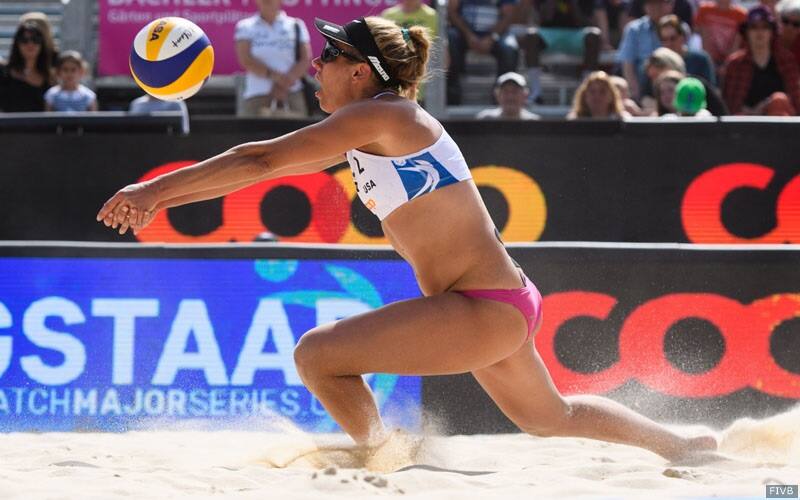
Winning volleyball starts with reliable passing. Here's some advice from five experts on how you can deliver a better ball to your setter.
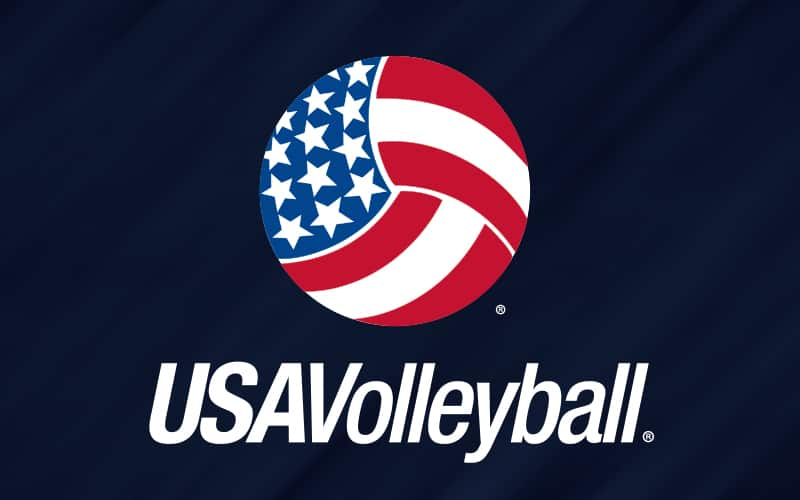
Sometimes, a little reminder is the push you need to keep trying.
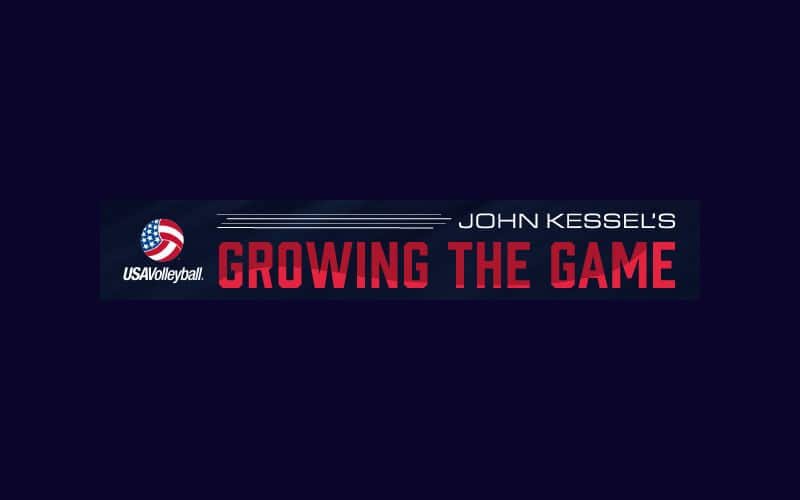
For more than 40 years, one of the first things I say to new teams and summer camp players is just that: “I want to see mistakes out here on the court.”

Consequences and punishment are so prevalent in our sport and this blog explores why. It also talks about how outcome, winning and losing, is "punishment" enough to continue to drive the desire to get better.
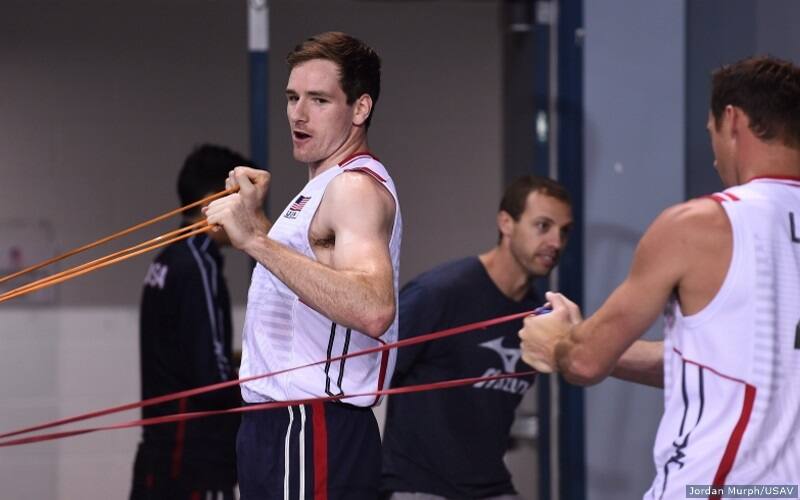
Band exercises to strengthen shoulders, back and core are key ways to help prevent injury
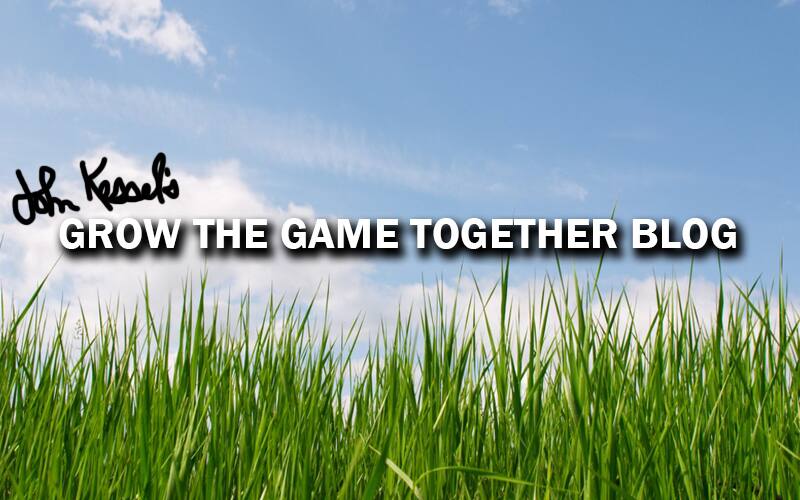
Learning about volleyball in school does not have to involve waiting in line to get one chance to pass the ball. Find out about the news STEM kit created by USAV and the Huddle Group.

Years ago, having played some myself, it was easy to say “yes” to coaching my daughter’s 7th grade recreational volleyball team. My twisted logic told me, “I’ve played for years. These are young kids. How hard can this be?” So began my coaching career.